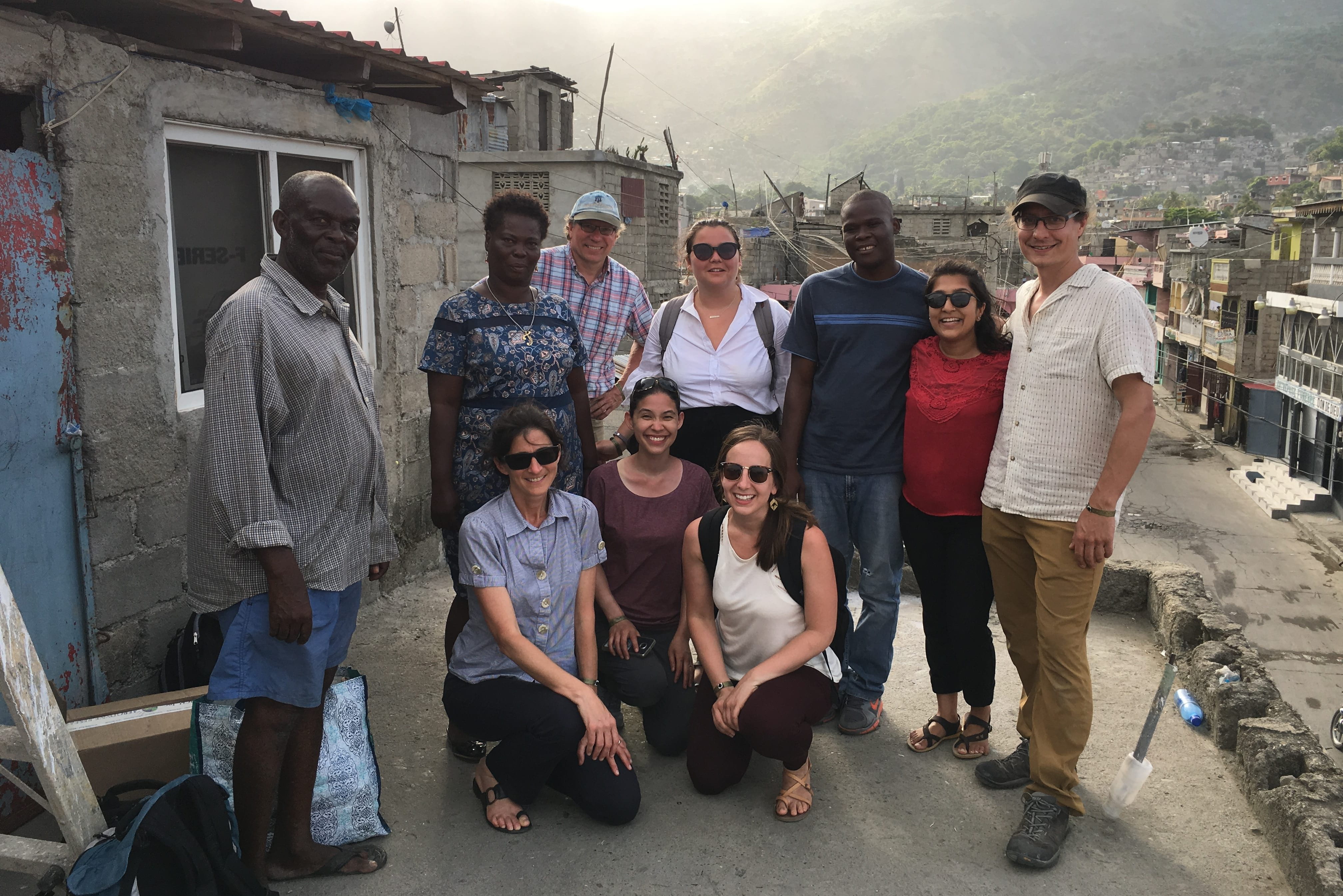Air Quality and Nutrition in Haiti
Investigating the air quality of Haiti and possible linkages between nutrition and air pollutant exposure in Haitian school-aged children.

Location: Cap Haitien, Haiti
Collaborators: Brown School at Washington University in St. Louis, Washington University in St. Louis School of Engineering & Applied Science, Universite Publique du Nord Au Cap Haitien
Description: There is limited information on air quality data for Haiti, a nation burdened by extensive pollutant sources and with limited resources or infrastructure to address emissions and exposure.
High concentrations of particulate matter <2.5 μm (PM2.5) and ozone (O3) can have detrimental impacts on human health. PM2.5 specifically can cause respiratory stress and asthma, heart and lung disease, and can cause a range of damage due to heavy metal and carcinogenic carbonaceous chemical components.
Our research team is currently conducting a pilot study on the air quality of an urban region of Haiti (Cap-Haïtien) through a combined personal exposure and urban-scale monitoring approach.
Sponsor: International Center for Energy, Environment, and Sustainability (InCEES) at Washington University in St. Louis